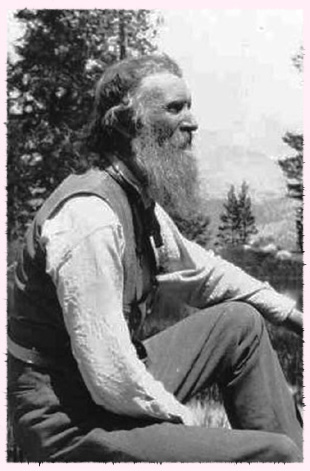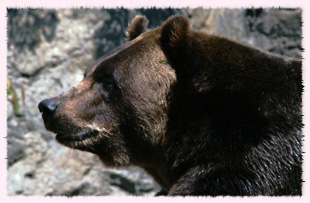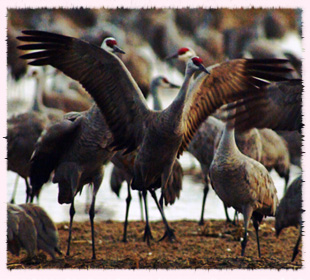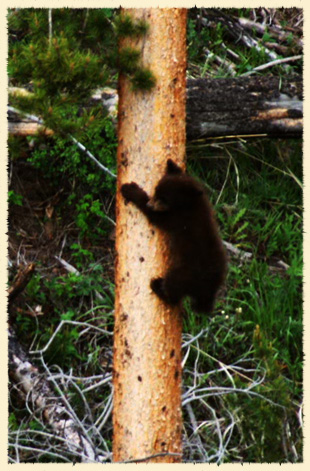
"In God’s wildness lies the hope of the world – the great fresh, unblighted, unredeemed wilderness."




What is wilderness?
Wilderness is publicly owned land and waters protected under the Wilderness Act and part of the National Wilderness Preservation System. This system encompasses a wide variety of ecosystems throughout the country including swamps in the Southeast, tundra in Alaska, snowcapped peaks in the Rocky Mountains, hardwoods forests in the Northeast, and deserts in the Southwest.
Wilderness is protected by law, and managed by public agencies to preserve land in its natural state, affected by the forces of nature rather than the influence of man.
Wilderness is the foundation of America. From the European immigrants’ encounter with wilderness at the country’s edge, to the promise of freedom in the unsettled frontier, wilderness has shaped our character as a people and a nation.
Wilderness is our legacy, and one we can pass to future generations that they may know as we do the numbing water of a mountain stream, the glory of an alpine meadow full of wild flowers, the lush myriad greens of an Eastern forest, the light at play on sandstone canyon walls, the thunder of the surf on a wild coast.
Wilderness is the home of the greatest biodiversity left in America. It is the source of clean water, and fresh air and healthy habitat. Undisturbed wild lands sequester carbon from the atmosphere.
Wilderness is a place to refresh our spirits, to stretch our legs, to teach our children and ourselves about the natural world.
Wilderness harbors communities of plants and animals, some threatened and endangered.
Wilderness is a laboratory for scientific research. It offers us a “baseline” to help us understand how the planet is changing and a measure to assess human impacts in more disturbed areas.
Wilderness is a deeply held American value. Support for wilderness comes from all regions, from rural as well as urban and suburban residents, from men and women, and from all ethnic groups and age groups.
Wilderness is a respository for cultural history. Archeological artifacts can be preserved in wilderness.
Wilderness is a venue for solitude and reflection in the presence of nature.
Wilderness is a place to enjoy hiking, camping, horse back riding, fishing, hunting, paddling, photography, and picnics.
Wilderness is at risk. Road building, mining, energy development, rural sprawl and motorized recreation on or next to public lands nibble away at the wilderness quality of these lands, and in some cases completely destroy the natural values found there. While a vast majority of Americans support wilderness preservation, many are not aware of current threats to wilderness quality lands that remain unprotected. As America grows more urban and multi-cultural, and as people spend more time indoors and on-line, long-term support for wilderness preservation will depend on finding ways to communicate the wonder and importance of wilderness to people who may never experience wild places themselves.
For more on the values of wilderness see:
http://www.wilderness.net/
http://wildlink.wilderness.net/wilderness.html
